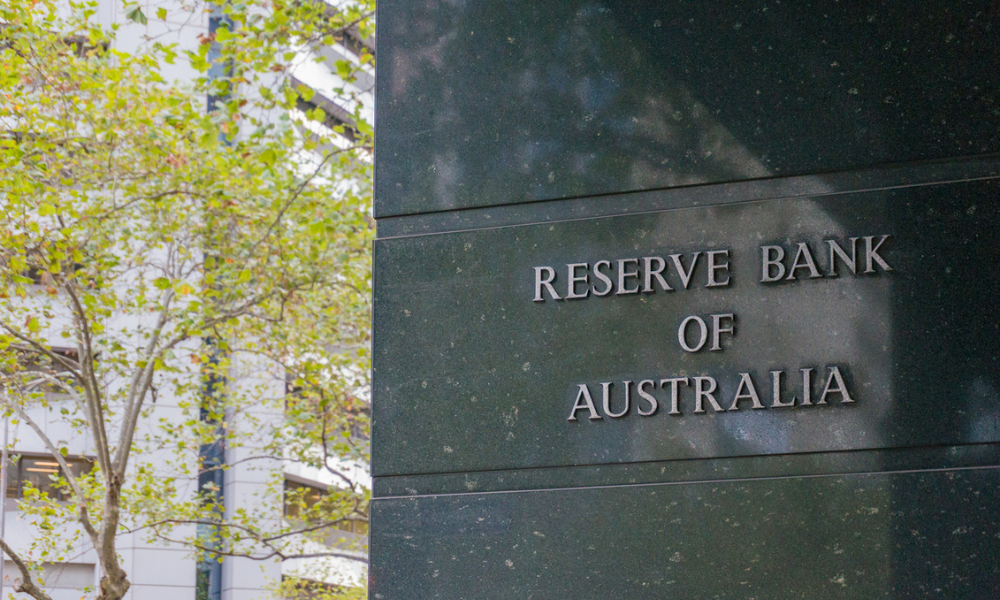There has been a shift in psychology

The Reserve Bank of Australia has been watching ‘very carefully’ for any shift in inflation psychology, Governor Philip Lowe admitted on Friday, after warning that corporate expectations of higher prices were likely to fuel inflation, leading to multiple interest rate rises.
The shift could see demands for higher wages as companies increase their prices, leading to an inflation spiral.
“If that shift were to occur, inflation would be higher and it would be more persistent and we’d have to respond to that in time,” Lowe said at the Banking 2022 Conference in Sydney.
“For many years, firms were reluctant to put up their prices. Because they didn’t want to put up their prices, they didn’t want to put up wages,” Lowe said.
“It’s quite possible that a period of protracted headline inflation will see this psychology shift and firms will decide that they have to put up their prices - and if their prices are rising, then they can afford to pay higher wages.”
Read more: Ukraine war could spur early rate hike, RBA boss says
Financial markets now expect Australia to have the world’s highest interest rates within a year and the Reserve Bank cash rate to climb to 2.25% by July 2023. This would mean a surge in typical monthly loan repayments by $700 by July next year, the Daily Mail Australia reported.
The Westpac-Melbourne Institute consumer sentiment survey for March also showed inflationary concerns at their highest point in 14 years, based on a poll of 1,200 adults.
Australia’s headline inflation rate of 3.5% was above the Reserve Bank’s 2-3% target last year, before Russia’s invasion of Ukraine sparked sanctions that pushed West Texas crude oil prices to US$130 a barrel for the first time since 2008.
Since then, national average unleaded petrol price has risen to a record 183.9 cents a litre and could surpass the $2-a-litre barrier, Australian Institute of Petroleum data showed.
“Inflation’s been higher than we were expecting. The global supply chains are proving more contracted, taking longer to resolve than was widely thought likely,’ Lowe said. “In the last couple of weeks, the Russian invasion of Ukraine is pushing up commodity prices right across the board.”
While wages grew by just 2.3% last year, Lowe also noted a lift in pay was clearly taking place. Wage growth has been below the long-term average of 3% since mid-2013, the Daily Mail Australia reported.



